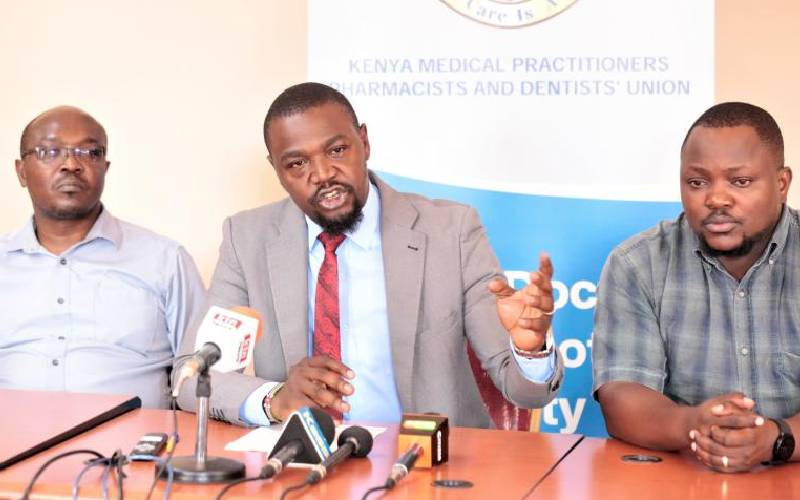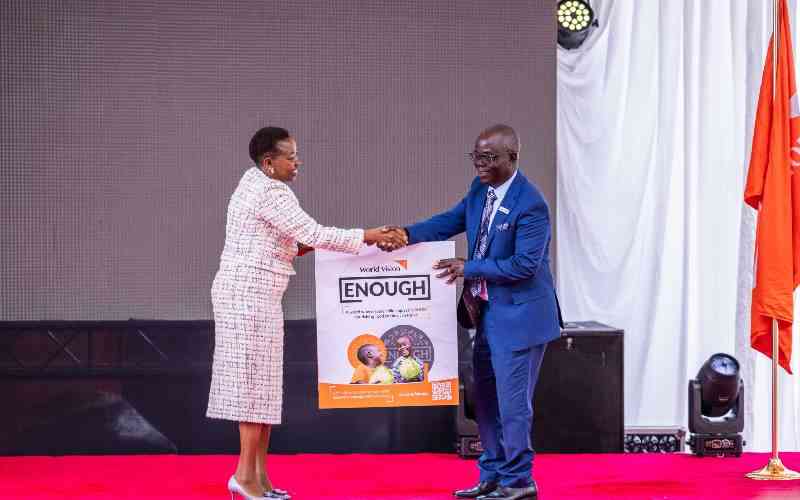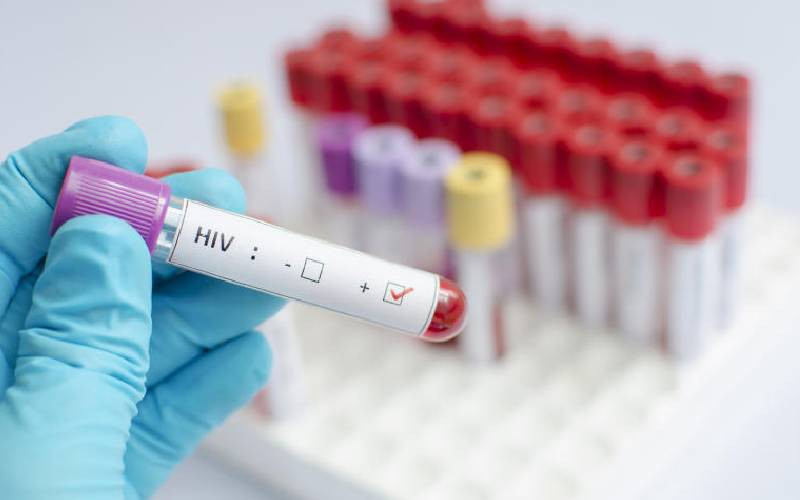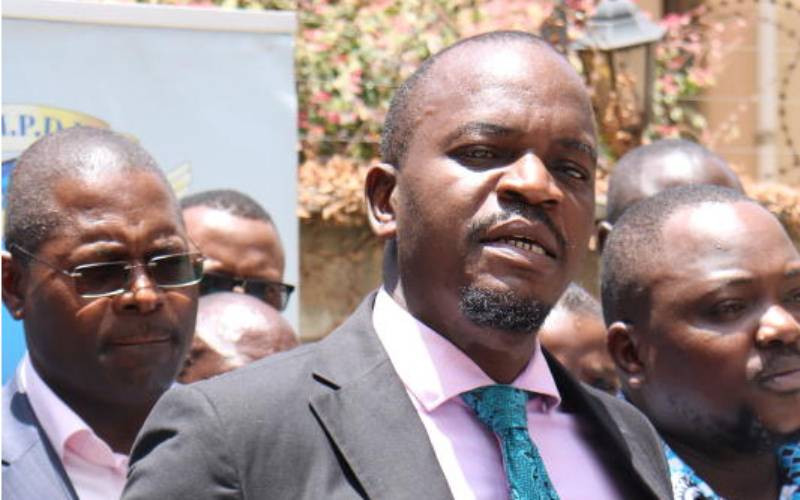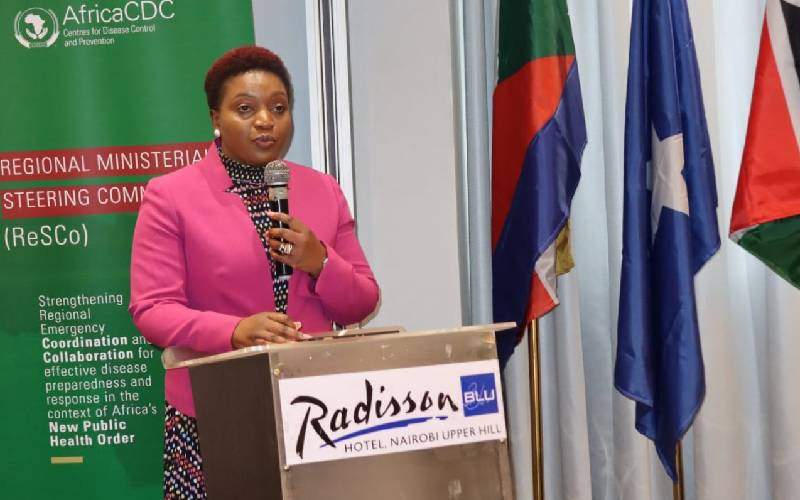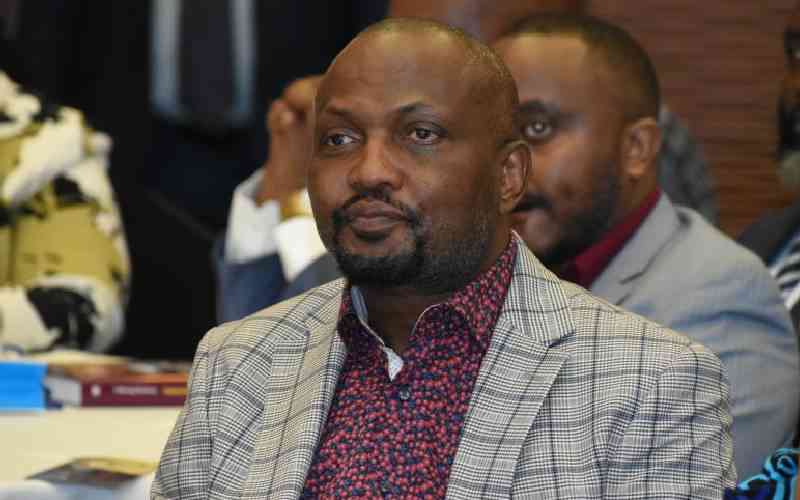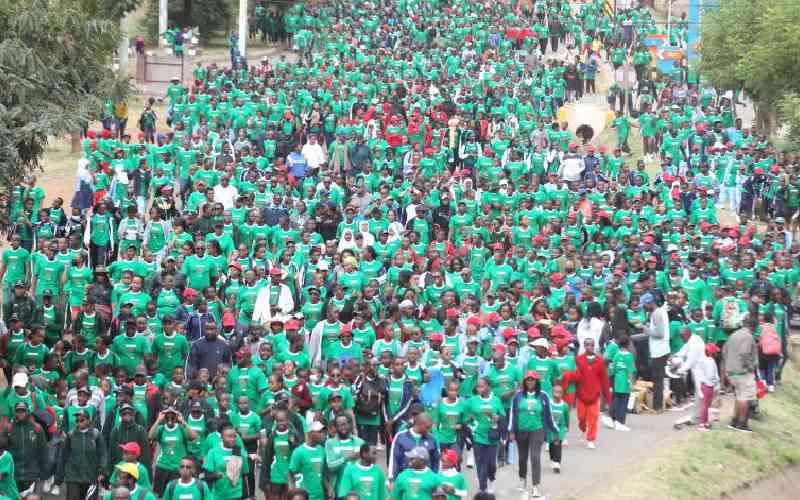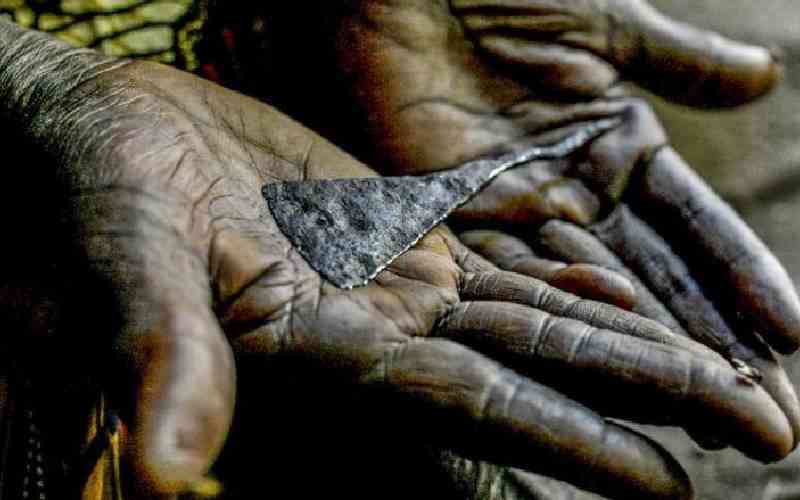
At 11am, Naomi Kolian attends to two youths who had come to photocopy school documents at her shop.
The small shop located at Suswa town, Narok East Sub County in Narok County incorporates a cyber café and bookshop that stocks geometrical sets, story books, exercise books, course books, files, pens, pencils, dictionaries, Bible’s, glue, calculators and chalk.
She reveals, it is a business she started June last year with a computer and printer, and later expanded after securing several loans from chamas.
But even as she manages her small business, Naomi’s mind still preoccupied by athletics. Currently, she would be one of Kenya’s and international feted runner, were it not for the Female Genital Mutilation(FGM), she forcibly underwent.
The World Health Organisation describes FGM as all procedures that involve partial or total removal of the external female genitalia, or other injury to the female genital organs for non-medical reasons.
Yet, like Naomi, more than 200 million girls and women have undergone FGM in 30 countries in Africa, the Middle East and Asia where its practiced. And, today, nearly 4.4 million girls, or more than 12,000 each day, are at risk of FGM around the world.
At Ewaso Primary School, Kajiado County, Naomi was among greatest youthful athlete in the region, she bagged tens of certificates and trophies. “I was particularly best in 100m. I was also good in netball and soccer,” she says.
- 'Healthier women lead to stronger societies'
- Seven First Ladies join hands in fight against FGM as Kuria community vow to end vice
- Gender equality is about power relations and dynamics, CS Aisha Jumwa says
- How behavioural transformation tool is helping fight bias
Keep Reading
Sadly, this long cherished dream, got shuttered in seconds. She recalls, after KCPE exams in November 2000. Naomi went home and found a crowded homestead, and told, it was a family prayer.
She recounts, “Yes, they prayed for us, but later as celebration continued, a group of women forcibly shaved me. I knew, what was to follow.”
Initially, Naomi had resisted after learning the dangers of female cut from Compassionate International that sponsored her primary and secondary education. Aware of this, her mother brought in several women and men to guard her, and at 5am she was taken out for the cut.
“As l struggled to free myself, the blade cut me several places including genitalia, thighs and abdomen. They stepped onto my leg, till l fainted. My left leg looks like it got paralysed in the process, it has remained weak to date.”
In February, 2001, Naomi joined a high school in Machakos. Her shaved headlet out her secret -some students easily pointed out she’d been cut.
But, the worst came with the beginning of games. Her primary leaving certificate described Naomi as the best athlete in the region, played netball and soccer. Teachers appreciated her arrival knowing she would bring fame to the school. But she couldn’t due to effects of the cut and a weak leg.
Although she was severely punished for refusing to run, Naomi never revealed to teachers why. She got stressed and was almost going into depression when she left the school in third term to join Maasai Girls, Narok.
“At Maasai Girls, l felt home since many girls had been cut and understood my predicament,” she explains. Still, teachers wanted her to represent the school in running, but lied she’d an accident and hurt her leg. She, however, cried seeing colleagues on tracks, wishing she would also participate.
It’s at the school that nongovernmental organisations started to educate the girls on dangers of FGM. Now a trained Early Childhood Development Education (ECDE) teacher she teaches other girls on the effects of FGM. Through her Eselenkei o Enkayioni, a Community Based Organisation (CBO), Naomi, has empowered and assisted to recue tens of girls from the cut. It also empowers boys to appreciate and protect their sisters from female cut.
In 2001, Kenya passed the Children’s Act, which prohibits FGM. Ten years later, the country passed the Prohibition of Female Genital Mutilation Act that banned FGM. This law criminalises FGM. It also forbids one from taking another person abroad to undergo the cut.
Yet, FGM still going on, although in Narok county cases are on the decrease. The Kenya Demographic and Health Survey (KDHS) 2022, shows prevalence of FGM in Narok County dropped from 78 per cent to 51 per cent.
Naomi regrets some of the girls she’s empowered have secretly been forced to undergo the cut, then into early marriages, abandoning school. She once applied for a Chief’s position, so as to fight FGM authoritatively but she didn’t make it.
Naomi is among other beneficiaries of a training by Amref Health Africa on how to end FGM in the region. “Amref identified, trained and mentored me alongside other champions to lead dialogues in our community and end FGM,” she adds.
Viola Rutto, Project Manager, The Girls Generation Programme at Amref Health Africa says the programme targets survivors like Naomi.
“We have a programme called survivor led training that helps survivors to overcome their past. It’s a healing programme where girls and women share their stories, providing a turning point or a reflection for the community members to think more deeply on the dangers of FGM,” Viola explains.
Amref also trains and empowers healthcare workers to handle issues of psycho-social support and counselling.
Dansen Reson, the Chief of Enoosepukia Location says the war on female cut is succeeding as the number of cases continue to decrease. He’s optimistic, there will be no FGM cases by 2030.
Nevertheless, explains the administrator, there are concerning new trends that not only pose significant barriers to the elimination of FGM but also have the potential to reverse the progress made this far.
These trends include lowered age of cutting, increasing secrecy, medicalisation of FGM and adoption of less severe forms of cutting.
 The Standard Group Plc is a multi-media organization with investments in media platforms spanning newspaper print
operations, television, radio broadcasting, digital and online services. The Standard Group is recognized as a
leading multi-media house in Kenya with a key influence in matters of national and international interest.
The Standard Group Plc is a multi-media organization with investments in media platforms spanning newspaper print
operations, television, radio broadcasting, digital and online services. The Standard Group is recognized as a
leading multi-media house in Kenya with a key influence in matters of national and international interest.

